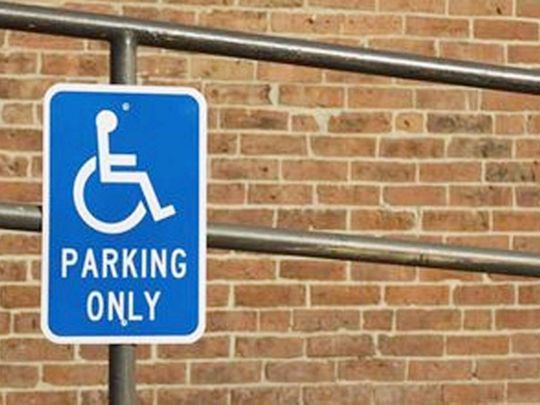 June 20, 2022
June 20, 2022
What is Parking Permit Program for People with Disabilities?
Accessible parking is regulated by the Motor Vehicle Act, which defines a person with a disability as someone whose mobility is restricted due to a permanent or temporary condition that makes walking difficult or impossible.
The Parking Permit Program for People with Disabilities allows those with valid permits to park in designated accessible parking spaces across British Columbia, throughout Canada, and even internationally. This program is essential for ensuring that individuals with mobility challenges have the same access to public and private spaces as everyone else.
In British Columbia, the rules for the Parking Permit Program are quite accommodating. The permit is designed to be portable and can be used in any vehicle, not just one owned by the permit holder. This means that if you have a disability affecting your mobility, you can use your permit in a friend’s, family member’s, or caregiver’s car. This flexibility is especially beneficial for those who rely on others for transportation, ensuring they can always access accessible parking spaces.
To use your permit correctly, you need to display it by hanging it from your rearview mirror or placing it on the dashboard in front of the driver’s seat. For motorcycles, you should attach the permit to the windshield or another visible location. Along with the permit, you will receive a wallet card, which you should carry with you at all times. This card serves as proof that you are the valid permit holder and should be shown to authorities or parking officials if requested.
By following these guidelines, you can make the most of your accessible parking permit. This ensures you can easily navigate public spaces and participate in community activities without unnecessary barriers. The Parking Permit Program for People with Disabilities is a vital resource that supports individuals with mobility challenges, fostering inclusivity and accessibility in our communities.